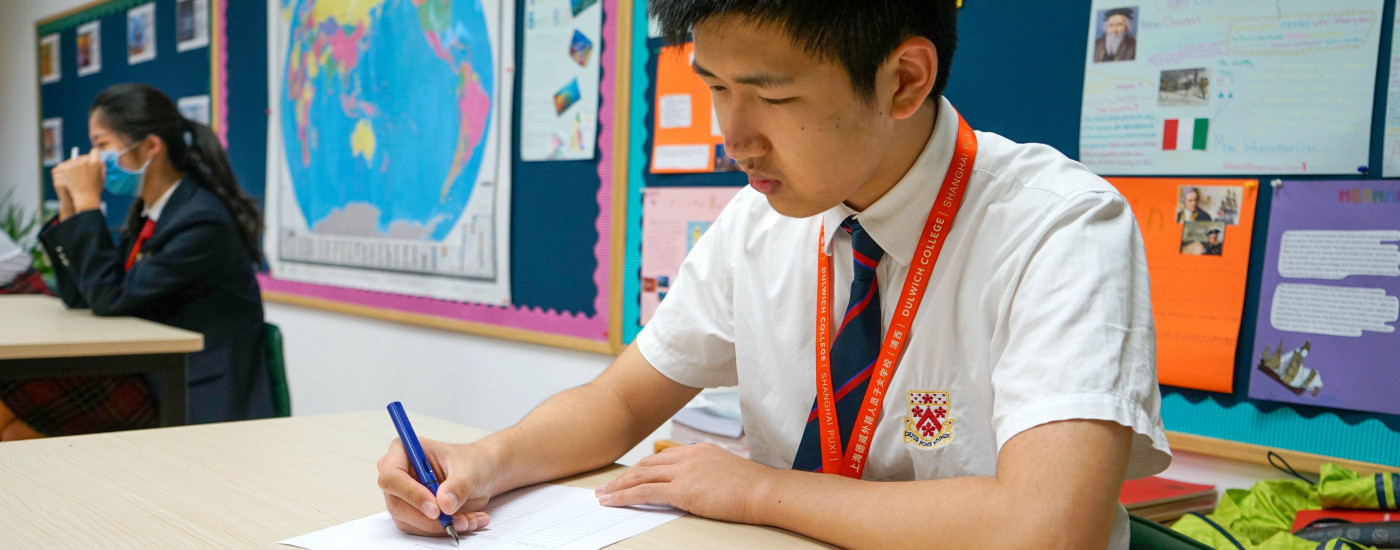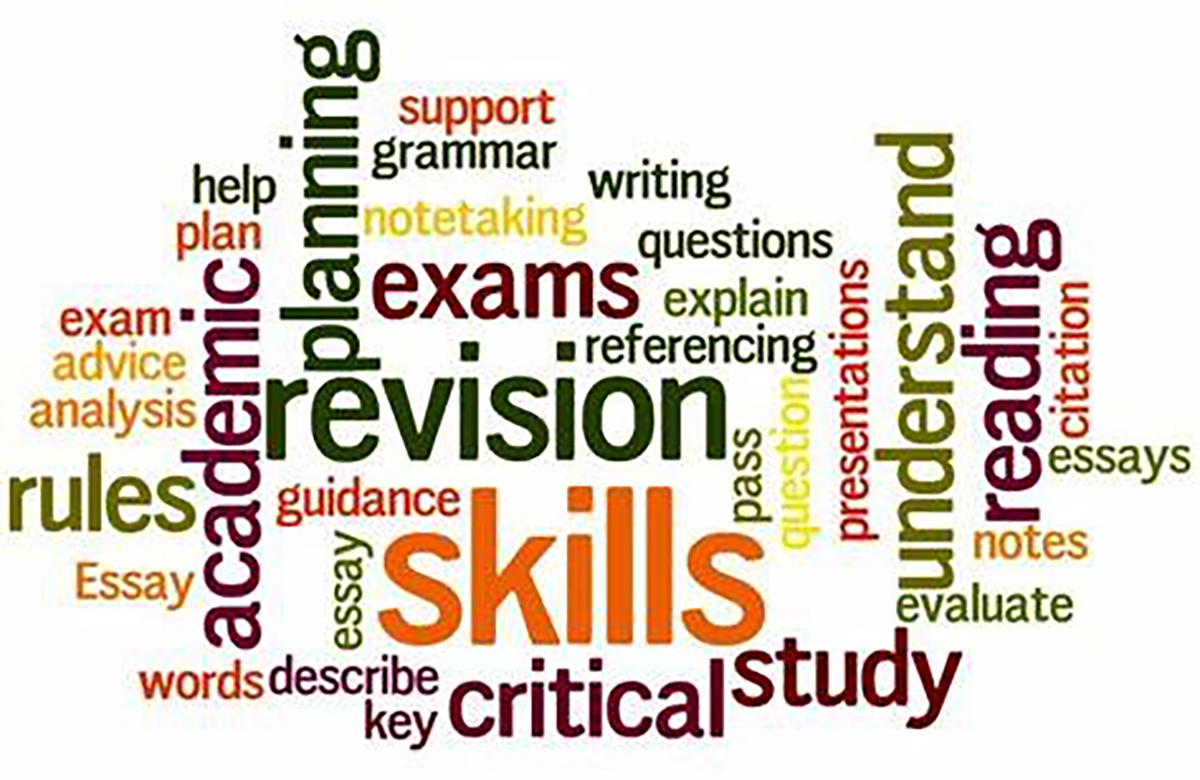Assessment at Dulwich College Shanghai Puxi

It’s around this time of the year (exam time) that parents will often ask me for more details around assessments and “how does Dulwich do it?”
The purpose of assessment at Dulwich College Puxi is three fold:
Firstly, we assess to promote student learning by informing students of the next steps they must undertake to progress in their learning.
Secondly, we measure the current proficiency level of each student in the class. Assessment is a tool that we use to check what our students understand, and then map what students need to learn next (or review to consolidate their understanding) moving forward. All assessment in the College is considered formative assessment, designed to establish where a student is at with their learning, and where we need to support them to progress.
And thirdly, the process that our students go through in preparation and planning for their assessment, in participating and completing their assessments, and receiving and reflecting on their performance is extremely important for their personal development and growth. Learning to be organised, to complete tasks in a timeframe, to take notes, to explain, to reference, to write essays…these are essential life skills which help our students to Graduate Worldwise and world ready. There is a quote; “There is no elevator to success, you have to take the stairs.” Assessments are a practical demonstration which teaches children just that; progress and reward comes with effort.

We use the term ‘formal assessment’ to refer to any significant assessment which will contribute to the reported attainment grade. Our students in senior school and middle school are undertaking formal assessments this week, and next. ‘Ongoing assessment’ is the assessment that happens every day in our classrooms to enable students and teachers to make decisions about the learning. Our Senior School teachers use a range of ongoing assessment methods in the classroom to assess our students’ understanding and ability, and will make changes to the instruction as a response to the data gathered. This approach ensures that the learning taking place is at the appropriate level for the group. A huge benefit of having our smaller class sizes at the College means that our teachers are really tuned in to tailored, bespoke teaching and learning for each of our senior and middle school students.
Truth in Assessment
To ensure that all Dulwich assessments are fair and equitable, we use a process of validity and reliability to make sure that the task assesses what it intends to assess, so that the interpretations we make of students’ learning are as meaningful and actionable as possible. We call this 'truth in assessment'. For example, if the purpose of a task is to assess students' content knowledge, but the task actually assesses synthesis of ideas, then interpretation of the results will likely be invalid. For this reason, Dulwich assessments are always tightly linked to the British curriculum, where teaching and learning objectives are clearly mapped with rigour.
Grade Standards
With the exception of courses which have an external examination grade set (i.e. IGCSE and IBDP), the following grade set are used for communicating to students and parents in all termly and final year reports:
Above Expected
The student is able to show the desired outcome to a level which exceeds what teachers would expect for the class at their stage of development.
Expected
The student is able to show the desired outcome to the level that teachers would expect for the class at their current stage.
Developing
The student is able to show the desired outcome, but they need support to be able to do so and/or they are not consistent in their ongoing class assessments.
Support Required
The student needs significant support to be able to show the desired outcome.





